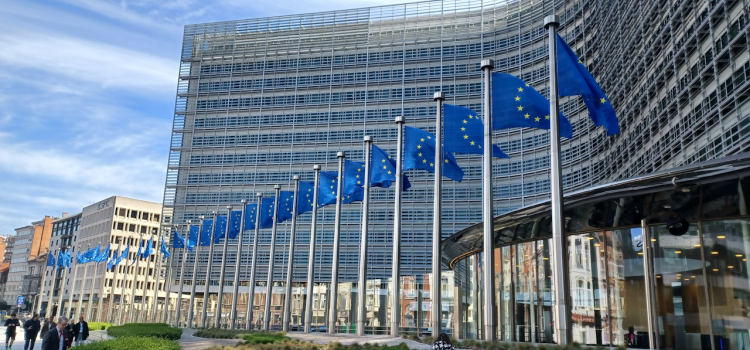The CEC also proposed to change the way in which its elected. This was done in a paper, “OUR RULEBOOK – A PROCESS OF CHANGE”. The current CEC is elected within the Regions, of which there are now seven rather than nine. The rule book review has been going on for a couple of months but in order to change the CEC composition, they needed to postpone the planned elections. Not changing the rules would have led to a reduction in size of the CEC which is probably a bad thing. Small committees are too easily dominated by leaderships.
They also took the opportunity to change the aims and objectives. They strengthened the Unions’, emphasis on workplace organisation, regulation of terms and conditions, international working class solidarity, the need for a political intervention and the accountability of GMB supported public officials to GMB policy. These are both welcome and overdue and represent an important restatement of the Union’s goals and focus.
So what changes are proposed to the composition of the CEC.
The paper proposed that the Union reduces the number of sections from three to two, and lets each Region define two additional industrial foci. One will have to work in these industries to represent them. I am concerned that allowing each Region to define their additional seats will cause a lack of certainty, illustrated by the creation of an additional seat in the Midlands Region for which only ~2,500 people can stand and a seat for the Irish members, and here I am unclear how many members would be eligible, but the number of members in Eire is very small. I am also concerned that the definition of these new constituencies will be used to reinforce power within the union, not focus on growth.
All Unions have a problem in how to organize industrially and geographically. The CWU is probably the most industrially focused, the GMB are probably the most geographically focused. The proposals to have two additional industrial seats should help the union grow and organise, but again there needs to be more clarity as to how these seats are defined.
They are of course silent on the voting systems to be used in the few divisions that have more than one seat/winner. Using a form of proportional system would be of advantage to candidates from under represented groups; it’s easier to come second than first.
There are changes to the way that Conference delegates are chosen which should help women’s representation in big branches, but does not change the ultimate selection authority which is not the branch. Not all branches are represented at Conference, and disappointingly this has not changed.
It is also my view that moving the deck chairs on the top floor is not enough. The whole organisation needs to support these new representatives and industrial representation needs to be funded and democratically accountable to the members it seeks to represent. …




